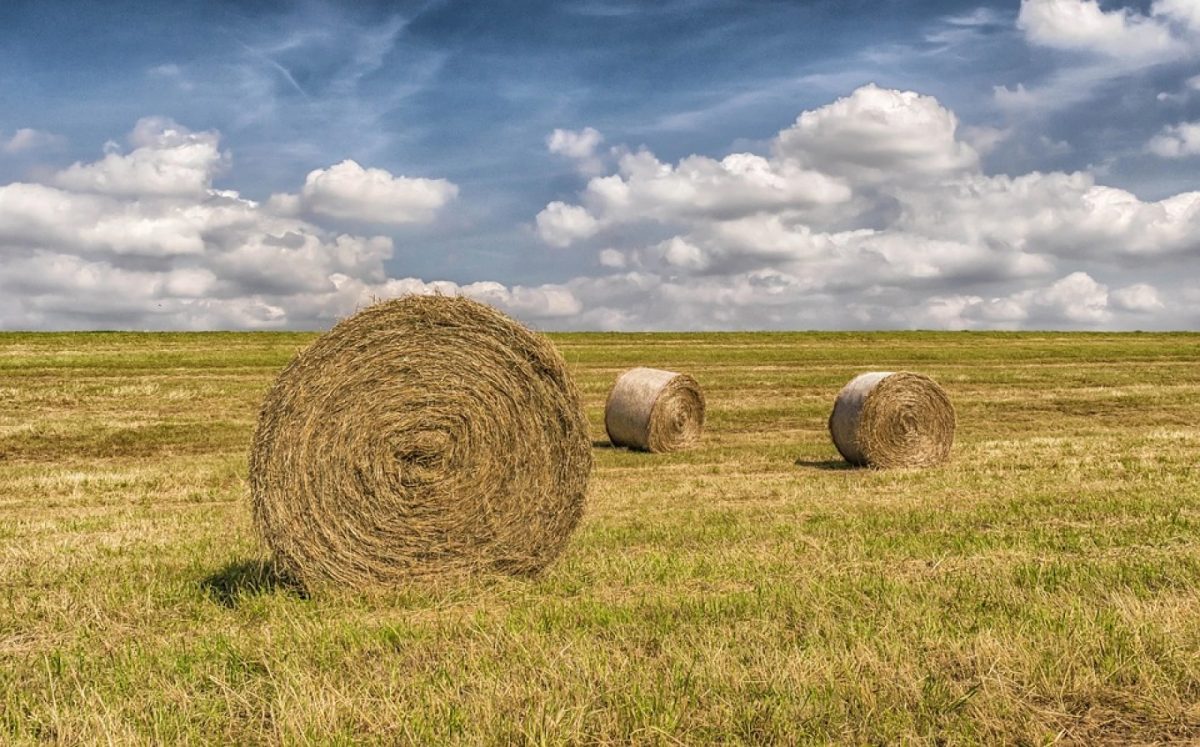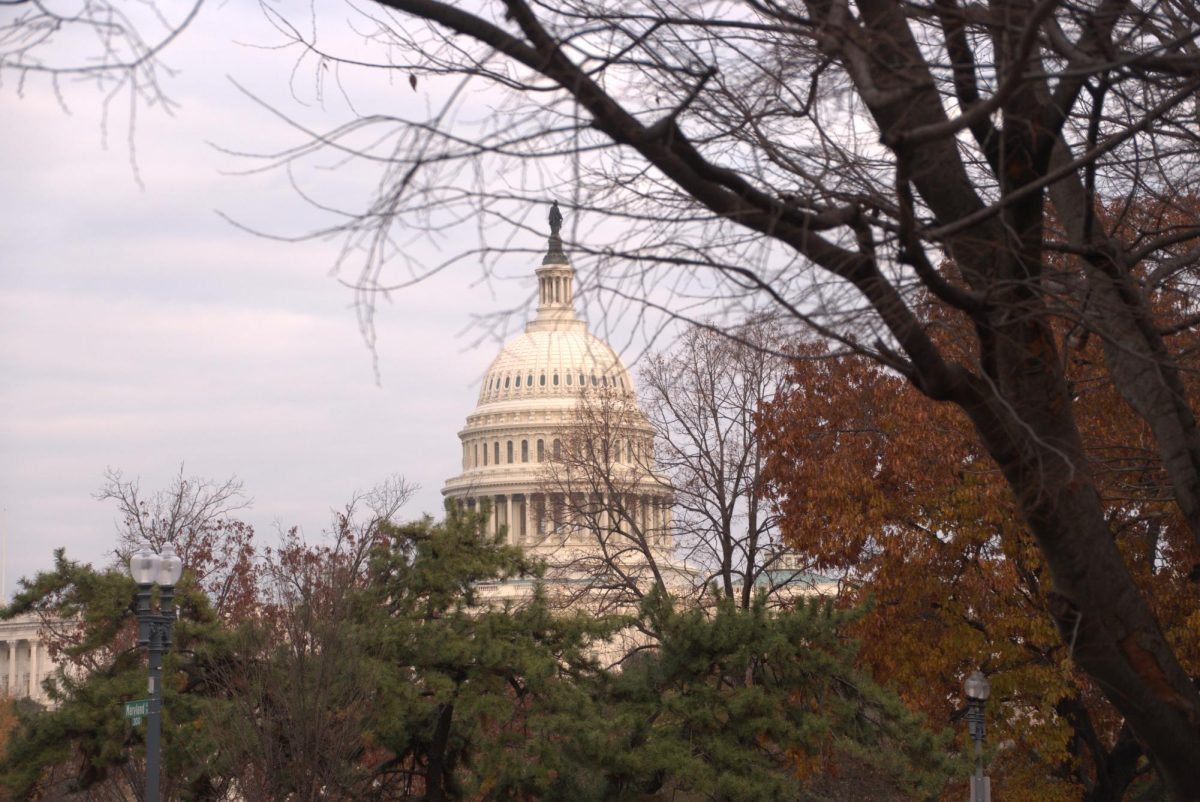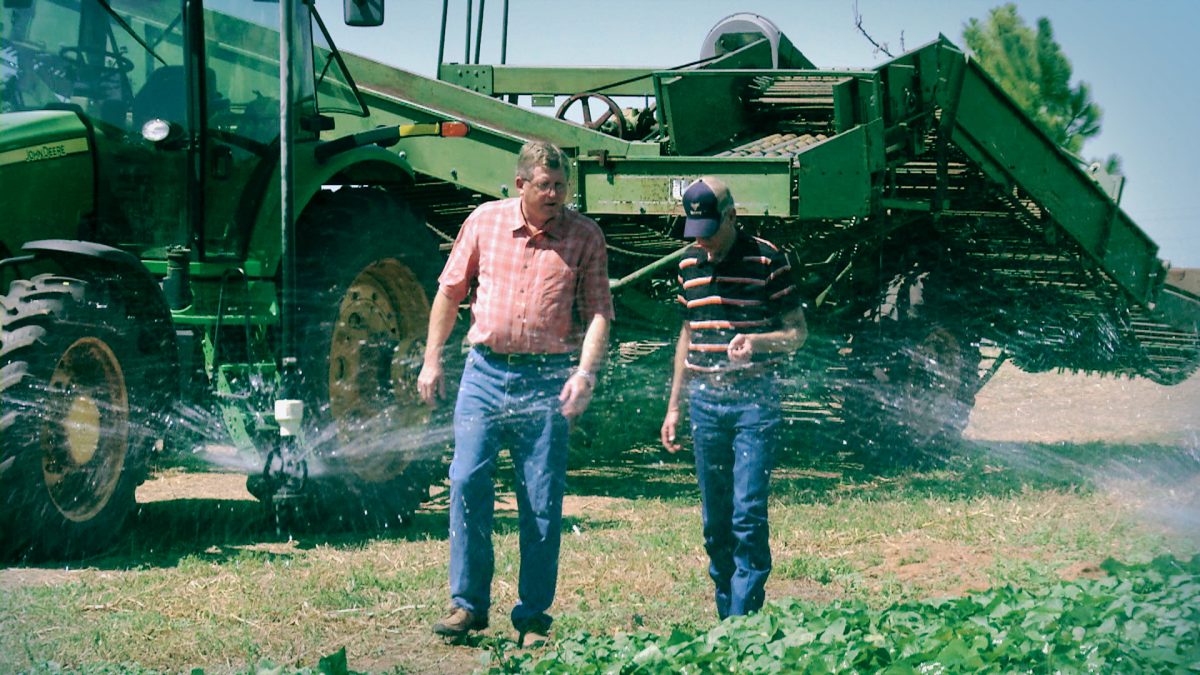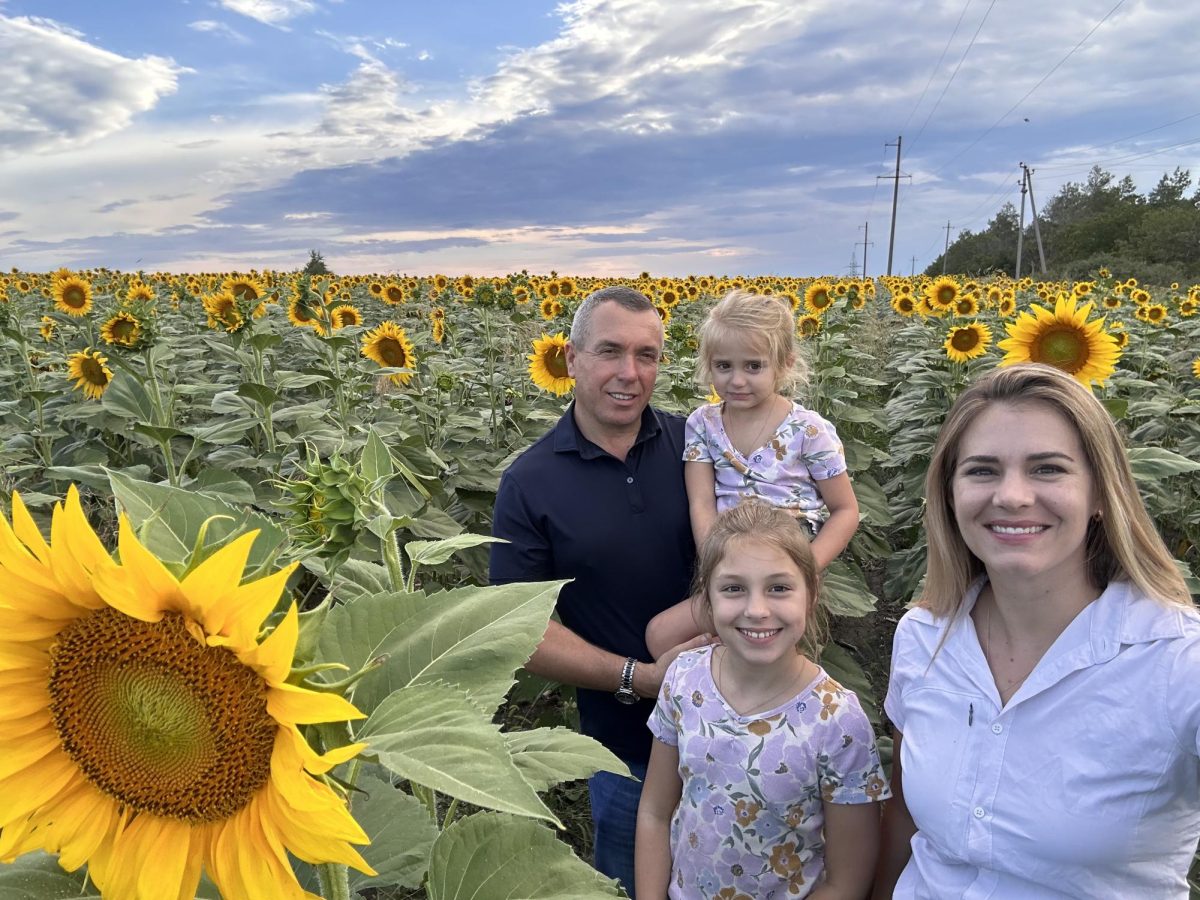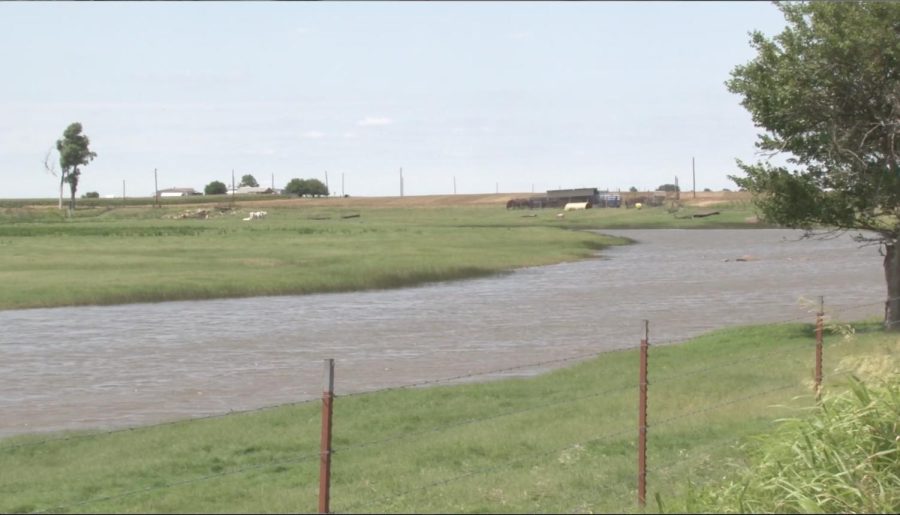WASHINGTON — With just days until the country faces another potential government shutdown, it appears unlikely that Congress will pass a new Farm Bill before current funding expires at the end of the year.
Instead, some lawmakers are calling for an extension of the law in order to buy time for negotiations — something in short supply after the recent speaker’s race effectively paralyzed the House for weeks on end.
“The Farm Bill is another one of those things that, in essence, is a victim of this legislative year,” said Oklahoma Representative Frank Lucas (R, Cheyenne), who is the longest-serving member of the House Committee on Agriculture.
“If we had not been going through the speaker gyrations we’ve gone through, gone through all the appropriation hurdles, I think it could already be done. But because of things we on the (Agriculture) Committee can’t control, it looks to me like there’s almost a certainty that we’ll have to have an extension,” he said.
The Farm Bill is an omnibus law passed roughly once every five years that governs an array of agricultural and food programs. The 2018 Farm Bill expired at the end of September, but had enough funding to last until the end of the year.
On Oct. 26, more than 60 House Republicans signed a letter urging the newly minted Speaker Mike Johnson (R, LA) to pass the Farm Bill before funding runs out, calling the issue a matter of “national security.”
The bill, the signatories added, gives farmers and ranchers the funding they need to manage risks and improve business, as well as produce high quality, low cost food, fuel, fiber and forestry products.
However, on Friday Rep. David Scott (D, GA), a House Agriculture Committee ranking member, called for a temporary one-year extension to the bill instead. Scott said that while the Committee continues to work in a bipartisan way, the “extremism” and “cynicism” in the House Republican Conference has made reauthorizing the bill by the end of the year unlikely.
“A one-year extension is the responsible thing to do. It allows our farmers, ranchers, and foresters to operate with an element of certainty while we continue working on a bipartisan five-year farm bill,” Scott said.
During a Farm Bill discussion in Oklahoma City Monday, Lucas and House Committee on Agriculture Chairman Glenn Thompson (R, PA) agreed an extension is needed. They said the extension would likely last until Sept. 30, 2024, though they expect the new Farm Bill to be passed before then.
In Oklahoma, which has over 77,000 farm operations, having a set Farm Bill is crucial for those looking to make long-term decisions about their land and operations, said Rodd Moesel, president of the Oklahoma Farm Bureau.
“People need certainty and stability,” Moesel said. “That’s why it’s not a one year bill, the Farm Bill; that’s why it’s a five year bill, is to do that. And so it’s very important to get this settled as quick as we can, so people can make rational, wise decisions.”
While negotiations are still underway, some Republicans have proposed cutting back on the Supplemental Nutrition Assistance Program (SNAP), which provides food benefits to low-income families so they can afford nutritious food, and conservation funds in order to increase subsidies for peanuts, cotton and rice, according to reporting by The Hill.
Some advocacy groups, however, worry this will harm the people who rely on SNAP.
“Right now, we know families are really struggling,” said Jessica Dietrich, director of Government Relations and Public Policy at Hunger Free Oklahoma, an organization dedicated to ending food insecurity in Oklahoma.
“So cutting something like SNAP, ever, but especially right now, will put so many more families in a tough spot when they’re just trying to make ends meet and put food on the table.”
In Oklahoma, which is the fifth hungriest state in the nation, 17.2% of Oklahoma residents participated in SNAP in July of 2022.
“Rather than cutting, we should be focusing on expanding and strengthening those programs. Because we’ve seen that it works, we have the data to show that these investments work in these programs and help people get on their feet,” Dietrich said.
Lucas, who has had a hand in writing every Farm Bill since 1996, said he’s confident that both farmers and SNAP recipients will be protected under the new Farm Bill.
“The Farm Bills I’ve worked on, generally, (people who rely on SNAP) have been well protected,” Lucas said. “Work Requirements are not a bad thing (or) various other standards, but we’re not at a point yet to see what the actual language would be.”
Lucas said he expects an extension will be passed by then, with a new Farm Bill following in the Spring.
“I’m an optimist, remember,” Lucas said. “I’m a wheat farmer. I put the seed in the ground on the assumption I’m going to make a crop every time.”
Gaylord News is a reporting project of the University of Oklahoma Gaylord College of Journalism and Mass Communication. For more stories by Gaylord News go to GaylordNews.net.


